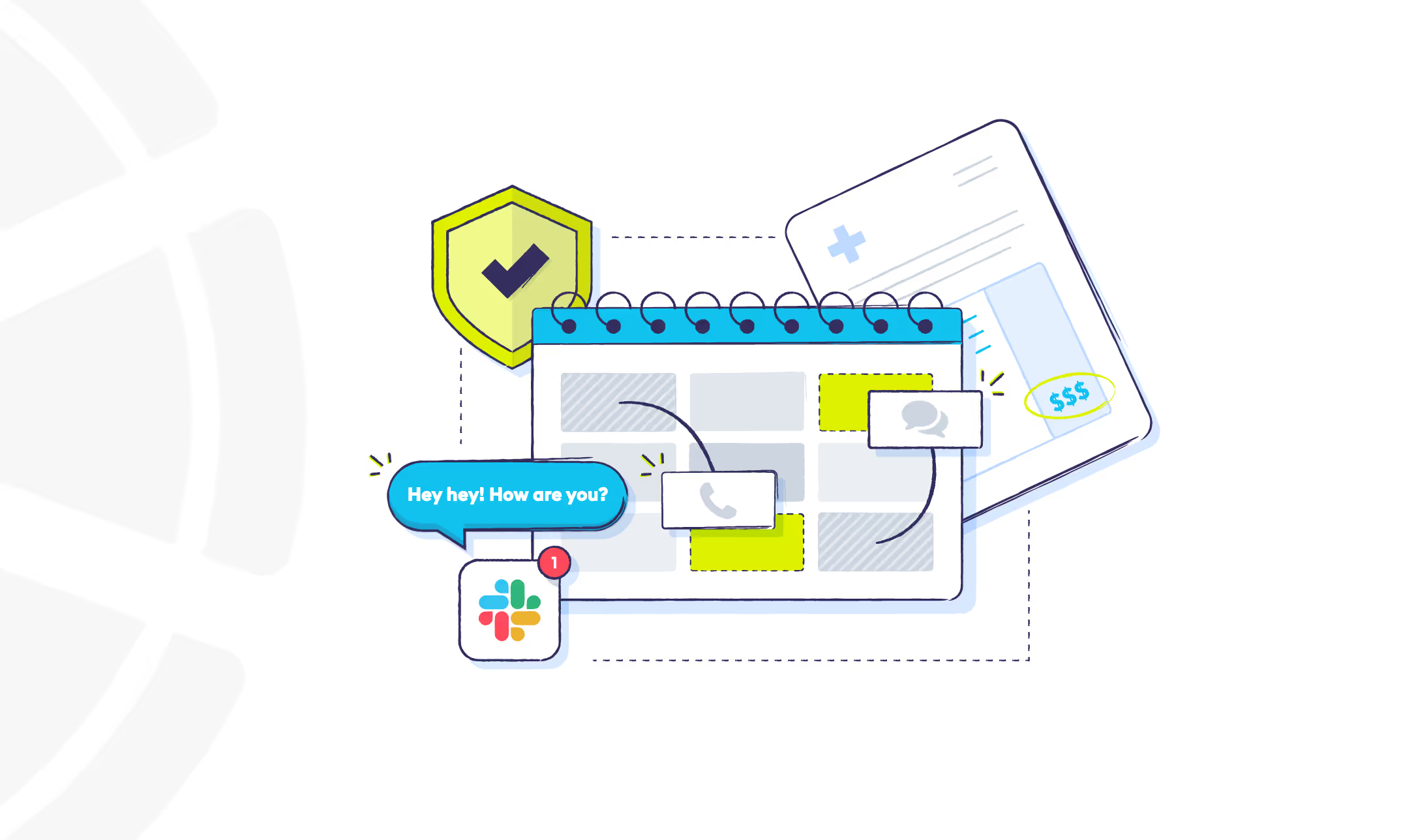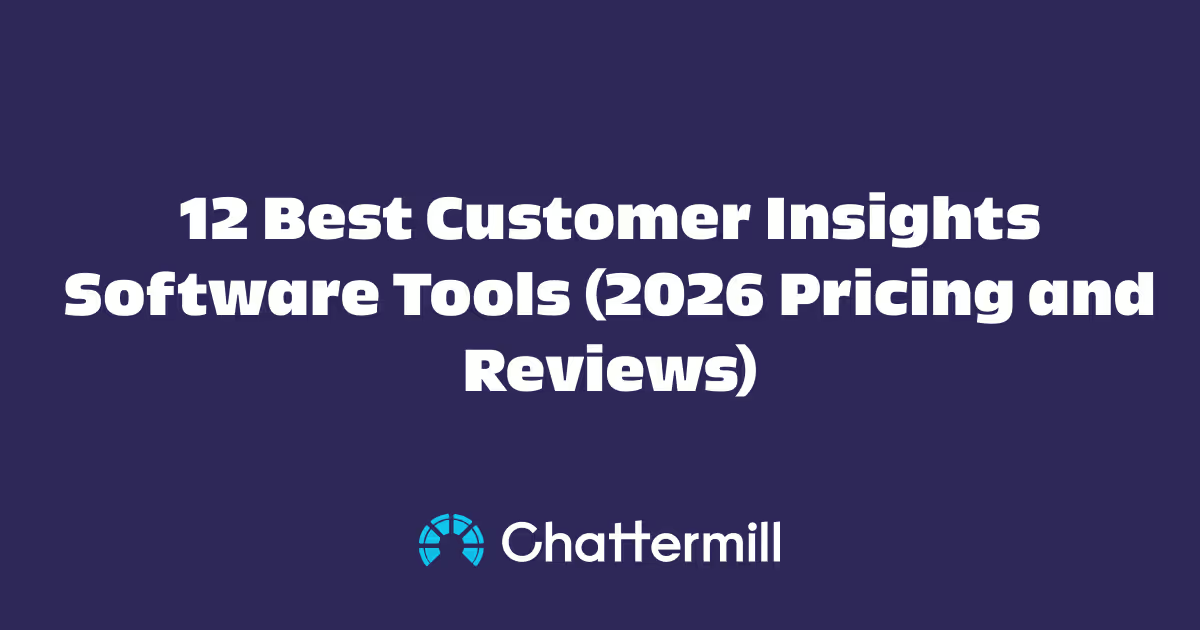Throughout the global pandemic, companies have had to show what they’re really made of. Whether this was pivoting production to help with mask and hand sanitizer shortages or providing essential tools and services for free, businesses were and are able to shine by prioritizing the wellbeing of their customers and employees over profit. Not only are these commendable actions to take in the short-term, but there’s no doubt that current and future customers will remember how companies aided the relief effort (or didn’t) in the years to come.
Happy Employees = Happy Customers = Better CX

Though accommodating customers during this extremely challenging time is no doubt admirable, extending that same courtesy to employees and prioritizing their health is just as, or perhaps even more, praiseworthy. Not only is it the right thing to do, but did you know that employee wellbeing actually can lead to improved CX? A study from Glassdoor in 2019 found a strong statistical link between customer satisfaction and reported employee wellbeing.
Here is an excerpt from their study write-up in the Harvard Business Review:
“To study this employee and customer satisfaction connection, we joined together two data sources: Glassdoor employee reviews and ratings from the American Customer Satisfaction Index (ACSI), which records the opinions of 300,000 U.S. customers on products and services. We looked at 293 large employers spanning 13 industries, including their average overall Glassdoor rating (on a scale of one to five) and ACSI score (on a scale of zero to 100) annually from 2008 to 2018. Using a standard panel model, we estimated the impact of the former on the latter, after carefully controlling for employer, year, and industry.
We found that each one-star improvement in a company’s Glassdoor rating corresponds to a 1.3-point out of 100 improvement in customer satisfaction scores — a statistically significant impact, which was more than twice as large in industries where employees interact closely and frequently with customers.”
In addition to Glassdoor’s study, researchers in 2019 published similar findings in the Journal of the Academy of Marketing Science. They found that for industries with significant customer-employee interaction, employee satisfaction strongly impacts customer satisfaction levels. In addition, the study showed that employee satisfaction also influences repatronage intentions for frequent customers.
These two studies clearly demonstrate the connection between happy employees and good customer experience. Take a look at the companies outlined below for examples of how business leaders prioritized both employees and customers during COVID-19.
10 Businesses That Went the Extra Mile During COVID-19
- Vicks - The historic cold and flu care brand donated $1 million to Direct Relief, one of the largest medical relief organizations in the world. The funds were used to provide equipment for ICU’s fighting the virus along with protective gear for frontline workers. This impactful, on-brand messaging demonstrated Vicks’ commitment to health.
- Brit + Co. - The lifestyle publisher offered the entirety of their financial planning, business, arts and crafts, and productivity courses for free throughout the month of March to help combat loneliness and boredom during enforced quarantines in many areas. At up to $39 per course signup, this wasn’t a cheap move.
- Loom - The screen recording service cut the price of their premium service, Loom Pro, by 50%, extended Loom Pro trials from 14 days to 30, and removed the recording limits on their free plans entirely, all through July 1. They also made Loom Pro free for all educators and students, declaring “We want to be clear that these changes are not a marketing play. We are trying to do what we believe is right. Inaction was not an option.”
- Heritage Distilling (and many others) - Based in the Pacific Northwestern U.S., this distillery, along with many others throughout the country, began using their facilities to produce much-needed hand sanitizer during a severe shortage. Sold at a 50% discount to healthcare workers, customers can bring their own bottles and fill up from the hand sanitizer “tap.”
- Bantam Bagels - The New York City bagel brand of “Shark Tank” fame partnered with food truck company Promobile Kitchen to deliver free helpings of their popular mini stuffed bagels to hospitals and essential workers across the city.
- Mark Cuban Companies - Entrepreneur and investor Mark Cuban announced that his companies would be reimbursing employees who bought lunch or coffee from local businesses in an effort to support small, community-centered companies struggling during the pandemic.
- KEEN Footwear - The outdoor shoe company made a commitment to donating 100,000 pairs of shoes to those in need around the world for the first part of their Together We Can Help Initiative. Families in need and frontline workers were nominated by KEEN customers via a link in their Instagram bio.
- Verizon - The communications giant has been highly praised for its response to the crisis. In addition to customer-centric initiatives, Verizon made its employees a priority by expanding their mindfulness support programs to include remote counseling sessions and a daily mental health newsletter.
- Labster - The science lab simulator took steps to support distance learning, not only by providing courses at steeply discounted rates for students and teachers but also by quickly improving over 70 of their key simulations and optimizing them to run on lower-power computers like Chromebooks. Of this rapid change, they said “This has been both exhausting and inspiring, just as it has for all the educators who transformed their teaching approach almost overnight.”
- Twitter - The social media site made major headlines when it announced plans to allow some employees to work from home forever, instead of mandating a return to the office once the danger from the virus has passed. To support this initiative, Twitter reimbursed employees for any purchases made to create their work-from-home setups, and also expanded its childcare coverage to support working parents.
How Companies Can Continue to Support Employee Health

Whether you’re a small startup or a massive corporation, you can take inspiration from the 10 COVID-19 business leaders above. Not all businesses have the resources for flashy donations, but by focusing on employee wellness you can ensure that your customers continue to have positive interactions with your brand. Here are a few things companies can do to support employees today:
- Organize remote, non-work activities - For companies that are still operating remotely, employees may be feeling the strain that comes from a lack of facetime. To help alleviate stress and encourage genuine care and connection, organize virtual, non-work-focused activities such as coffee dates, happy hours, or trivia streaming.
- Implement mindfulness programs - Many companies have been hopping on the mindfulness and meditation train in recent years, and these types of programs are more valuable than ever in a time of long-term stress. Set aside 15 minutes each day for a company-wide mindfulness session, whether this is a guided meditation, yoga, listening to an inspirational podcast, or some other practice.
- Institute regular employee check-ins - If your HR team has the bandwidth, work with them to create an employee check-in program. This could be as structured as once per week video chats with an HR rep, or a personal ping every few days on Slack. Though these may seem small, employees will be happy to know that you care enough about their wellbeing to ask.
- Allow for flexible schedules - With remote work, the line between work and life can very easily become blurred. Because of that, you should be willing to allow flexible work hours so employees can set a schedule that will work best for them. This is especially important for parents who are now managing kids being home all day with them.
- Cover COVID-19 care costs - If it’s within your budget, make it clear that the company will cover all COVID-19 testing and care costs for employees and their families. In these unprecedented times, employees need to know that you have their backs.
For a visual overview of how companies are prioritizing employees and customers during COVID-19, take a look at the infographic below:

If you’re feeling inspired by these all-star businesses, it might be time to take your CX program to the next level with our advanced, AI-driven data collection and sentiment analysis tools.















